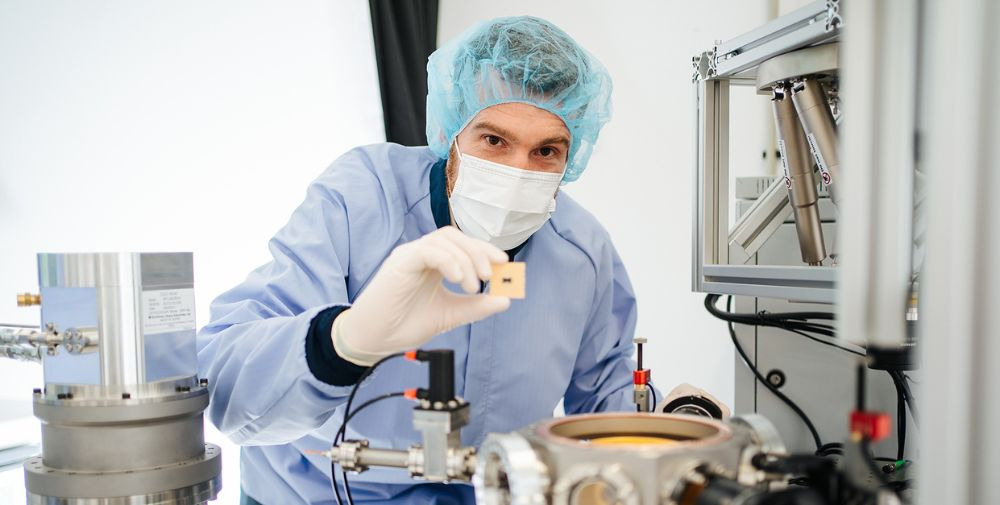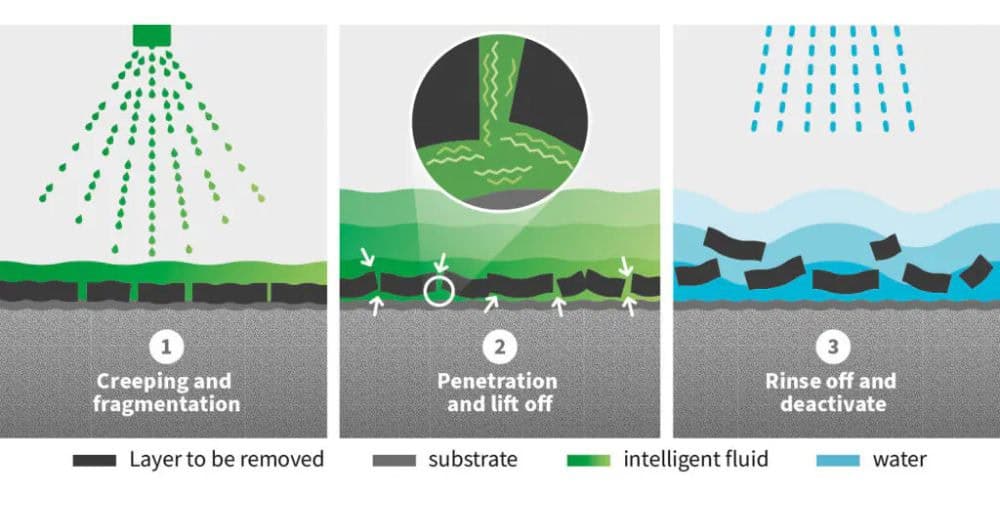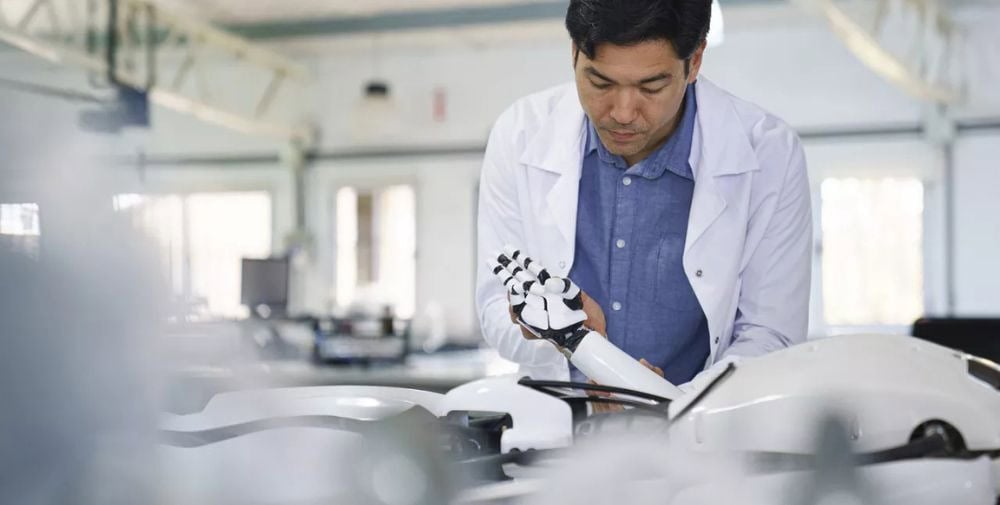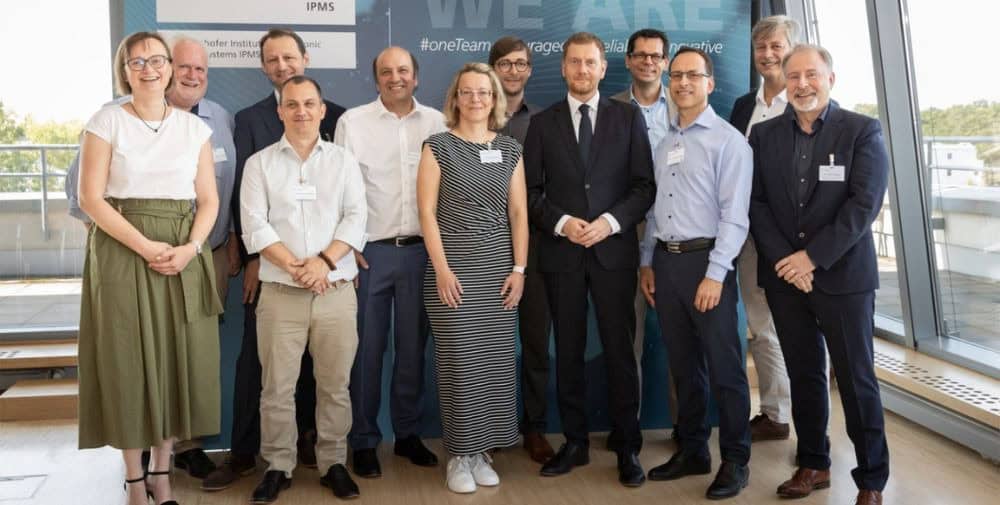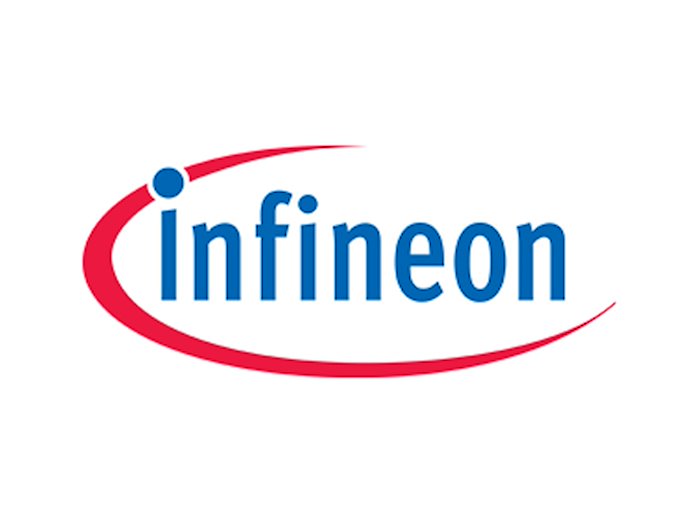
“As a leader in the development of quantum computing hardware, Infineon’s goal is to supply the core components and, together with our partners, enable the first high-performance quantum computing systems based on ion trap technology. We are contributing to achieving quantum benefits with our unique technology and world-class manufacturing capabilities,” said Richard Kuncic, senior vice president and general manager, Power Systems, Infineon Technologies. “Being selected by eleQtron as a QPU supplier will enable us to accelerate our hardware roadmap for quantum computing and expand our business in this emerging segment.”
“Our partnership with Infineon is an important milestone in our quest to develop and competitively offer highly scalable quantum computing systems with high computational power for the large business applications market,” said Jan Leisse, CEO of eleQtron. “We are confident that our pioneering technology based on ion traps and microwaves, combined with Infineon’s capabilities and expertise in innovative QPU production, will form the basis for building quantum computing systems ready for first applications by mid-2027.”
eleQtron aims to offer internationally competitive quantum processing units (QPUs) with high computing power using the promising MAgnetic Gradient-Induced Coupling (MAGIC) technology. The concept enables electrical control of qubits using microwaves instead of the usual laser-based method, achieving record low crosstalk between adjacent qubits. This unique approach simplifies the hardware scaling required for higher qubit counts and complements other scaling strategies. Infineon and eleQtron will also explore a novel, micro-structured 3-dimensional ion memory, paving the way for a modular and versatile QPU architecture.
During the development phase, Infineon will provide eleQtron with three continuously improved generations of ion traps and the necessary expertise to adapt them to the MAGIC concept. By applying a co-design strategy, Infineon will enable eleQtron to produce ion trap-based quantum computers with successively increasing functionality. These powerful quantum computers will later be made available to users from industry and academia via cloud access.
About Infineon
Infineon’s ion traps accelerate the development of powerful quantum computers to solve optimization problems that cannot be solved by classical processors. The relevant research began back in 2016 at Infineon’s production site in Villach, Austria, where scientific findings were combined with quantum technologies on an industrial scale. The Villach site also offers a unique quantum test lab designed for fast test cycles of quantum computer systems based on ion trap technology. With the know-how to industrialize and combine novel materials and technologies, Infineon offers an advanced technology platform for tailored ion traps that deliver predictable, reproducible and reliable results. Infineon is pursuing various approaches in quantum computing. In addition to ion traps, the company is also active in the field of superconducting and semiconductor-based qubits. As a co-founder of the Quantum Technology & Application Consortium (QUTAC), Infineon is constantly advancing the field: from technology to usable applications.
About eleQtron
eleQtron is the first German manufacturer of ion trap quantum computers. The deep-tech startup began as a research group from the Department of Quantum Optics at the University of Siegen and now includes a 30-person team of international experts. In 2020, eleQtron was founded by Prof. Dr. Christof Wunderlich, Dr. Michael Johanning and Jan Henrik Leisse in Siegen. The goal: to finally make quantum computers usable for practical applications. To achieve this, eleQtron relies on its own groundbreaking MAGIC (MAgnetic Gradient Induced Coupling) technology, which makes the control of ion qubits scalable and very precise. Investors and backers include the German Federal Ministry of Education and Research (BMBF) and Earlybird.
Further links
www.infineon.com
www.infineon.com/trappedions
www.infineon.com/quantumcomputing
Photo: Infineon
